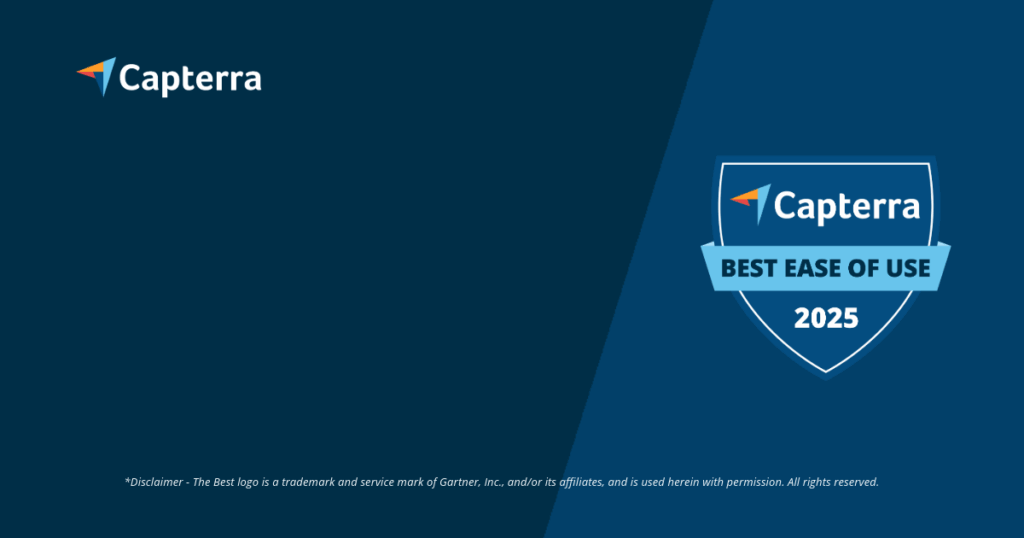Step 1: Check professional requirements and master qualification
The first step to starting your own construction company is an honest assessment of your qualifications. For many key trades in the construction industry, the German Crafts Code (HwO) mandates a master craftsman title. This includes, among others, bricklayers, roofers, carpenters, concrete workers, and scaffold builders. Without the appropriate master certificate, starting a business in these areas is not feasible. An exception is provided by the so-called master craftsman statute according to § 7 b HwO. Those who can demonstrate at least six years of professional experience as a journeyman, including four years in a supervisory position, can also apply for registration in the crafts register. Another alternative is employing a technical operations manager with a master qualification. This option allows you to start your business, even if you do not meet the formal criteria yourself. You can find more on this topic in our article Starting a construction company without a master title. You should clarify the exact requirements early on with your local chamber of crafts to avoid delays.
Step 2: Choose the appropriate legal form for your construction company
The choice of legal form has far-reaching consequences for liability, capital requirements, and accounting obligations. Carefully weigh the pros and cons of the most common forms. Many founders start as sole proprietors since no initial capital is required and the setup is straightforward. However, the critical disadvantage is the unlimited personal liability with your entire private assets, which is significant given the high risks in the construction industry , which is critical. The GmbH (limited liability company) is often the better choice for a construction company. Although it requires a minimum share capital of €25,000, half of which (€12,500) must be paid in at formation, liability is limited to the company’s assets. An alternative with lower capital requirements is the UG (entrepreneurial company with limited liability), often referred to as a “Mini-GmbH,” which can be established with as little as one euro of share capital. These legal forms require notarization and registration in the commercial register, which increases the formation costs to around €500 to €1,000.
Step 3: Create a solid business plan
A compelling business plan is the foundation of your entrepreneurial success and essential for financing. It serves not only as a roadmap for you but is also the most important document for banks and funding institutions. Your business plan should detail at least the following points:
- Business idea: Define your range of services precisely. Are you a specialist, general, or main contractor?
- Market and competition analysis: Analyze demand and competition in your location. What niche can you occupy?
- Marketing and sales strategy: How will you win your first contracts? Describe your acquisition measures.
- Organizational structure: Plan your staffing needs. Who will take on what tasks in the office and on the construction site?
- Financial plan: This is the core. Calculate the capital needed for equipment, vehicles, and ongoing costs for the first 6-12 months.
A realistic revenue and profitability forecast for the first three years shows that your project is profitable. Plan enough time for this because a carefully developed financial plan is crucial for the next step.
Step 4: Secure financing for the company
Starting a construction company is capital-intensive. The costs for machinery, vehicles, tools, and initial material procurement can quickly add up to €50,000 to €150,000. Few founders can raise this amount entirely from their own capital. With the business plan created in the previous step, approach banks to secure financing. In addition to traditional bank loans, you should definitely check the funding programs of the Reconstruction Loan Corporation (KfW) and the guarantee banks. These often offer lower-interest loans and cover part of the credit risk, which facilitates financing approvals. In some federal states, there are also special startup bonuses, such as the master startup bonus, which provides a grant of several thousand euros. A solid financial plan that also accounts for reserves for unforeseen expenses in the first 12 months is key to a stable start.
Step 5: Complete all necessary registrations
Once you have secured financing, the formal founding marathon begins. Diligently processing the bureaucratic steps is crucial to be legally secure. Proceed in this order:
- Registration with the chamber of crafts (HWK): The first step leads to the relevant HWK. Here, your business is registered in the crafts register (for trades requiring a master qualification) or in the directory of freely accessible trades.
- Receipt of the crafts card: After registration, the HWK issues you the crafts card. You will need this document for the next step.
- Business registration at the trade office: With the crafts card, you register your business with the local city or municipal administration.
- Automatic notifications: The trade office automatically informs the tax office, the employers’ liability insurance association of the construction industry (BG BAU), and the chamber of commerce and industry (IHK).
- Registration with SOKA-BAU: Membership in the social fund of the construction industry (SOKA-BAU) is mandatory for most construction companies.
After these steps, you will receive your tax number from the tax office and can issue your first invoices. This process can take 4 to 8 weeks, depending on the workload of the offices.
Step 6: Establish efficient processes for project management
The first contracts have been secured—now the execution must run smoothly. However, this is where many startups in the construction industry face problems. Communication between the construction site and the office often runs unstructured through countless WhatsApp groups. Photos, agreements, and defect reports get lost in the chaos of messages. The consequences are severe: information goes missing, leading to costly mistakes and delays. The manual creation of construction daily reports consumes up to 60 minutes of valuable work time each day. This lack of structure not only leads to inefficiency but also creates an enormous legal risk, as there is a lack of comprehensive and verifiable documentation. Without clean project management not only your margins suffer but also the reputation of your young business.
Step 7: Avoid chaos from the start with digital construction documentation
Set the course for the future of the construction industry for success from day one. Instead of relying on paper administration and WhatsApp chaos, use a digital solution specifically designed for the needs of the construction site. Valoon directly integrates with what your employees already use: WhatsApp. Without needing a new app or training effort, your teams can send progress, defects, and working hours directly via message to a project number. In the office, all data automatically compiles into a structured construction diary. This not only saves up to 80% of the documentation effort but also creates a legally secure basis for all your projects. Features such as automatic live translation overcome language barriers, while digital timesheets simplify payroll management. With clean construction software you avoid the typical growth and communication problems from the get-go.
Conclusion: Your advantage with Valoon
Starting a construction company is a demanding undertaking that goes far beyond technical skill. Careful financial planning, choosing the right legal form, and early implementation of digital processes are the three pillars of sustainable success. Valoon helps you efficiently and legally secure the critical phase of construction documentation and communication. This allows you to save valuable time from the first project, minimize risks, and focus fully on the growth of your business. Are you ready to set up your processes correctly from the beginning? Book your free demo now and learn how Valoon simplifies your construction daily life.
More Links
Startup portal: The official portal of the Federal Ministry for Economic Affairs and Energy provides comprehensive information and support for entrepreneurs.
BG BAU: The employers’ liability insurance association of the construction industry provides information about business registration and important aspects of occupational safety.
Laws on the Internet: Here you can find the complete text of the Crafts Code (HwO), which contains important regulations for the craft.
Central Association of the German Crafts (ZDH): The ZDH provides a list of trades subject to the master craftsman requirement (Appendix A) of the Crafts Code.
Federal Statistical Office (Destatis): Destatis offers detailed tables and statistics on the construction industry in Germany.
KfW: The Reconstruction Loan Corporation (KfW) informs about its funding programs and low-interest loans for companies.
BAuA: The Federal Institute for Occupational Safety and Health (BAuA) provides information and research results on safety and health at work.
FAQ
How long does the founding process of a construction company take?
Plan for at least 3 to 6 months for the entire process, from the idea to business registration. Just creating the business plan and clarifying financing can take several weeks. The official processes can take another 4 to 8 weeks.
Do I have to become a member of SOKA-BAU as a construction contractor?
Yes, for most construction companies, participation in the SOKA-BAU (Social Funds of the Construction Industry) processes is legally required. This ensures vacation entitlements and industry-specific supplementary benefits for your employees.
Which insurances are essential for a construction company?
A public liability insurance is absolutely essential to protect against personal injury and property damage. Other important insurances include construction all-risk insurance for damages to the building itself and contents insurance for your operating equipment and machinery.
How can I, as a newly founded construction company, get the first contracts?
Use your existing network from previous employment. Register on public tender platforms and those of larger companies. A professional website and targeted local marketing will also help attract your first customers.
Why is digital construction documentation so important from the beginning?
A seamless, digital construction documentation legally protects you in the event of defect complaints or disputes. It also saves enormous administrative effort, prevents information losses, and ensures transparent, efficient processes that are crucial for the profitability and growth of your company.
Can I also use Valoon with subcontractors?
Yes, Valoon is perfect for collaborating with subcontractors. You can create separate numbers for each project and easily involve external partners via WhatsApp, without them having to install new software. This ensures consistent and unified documentation across all trades.








